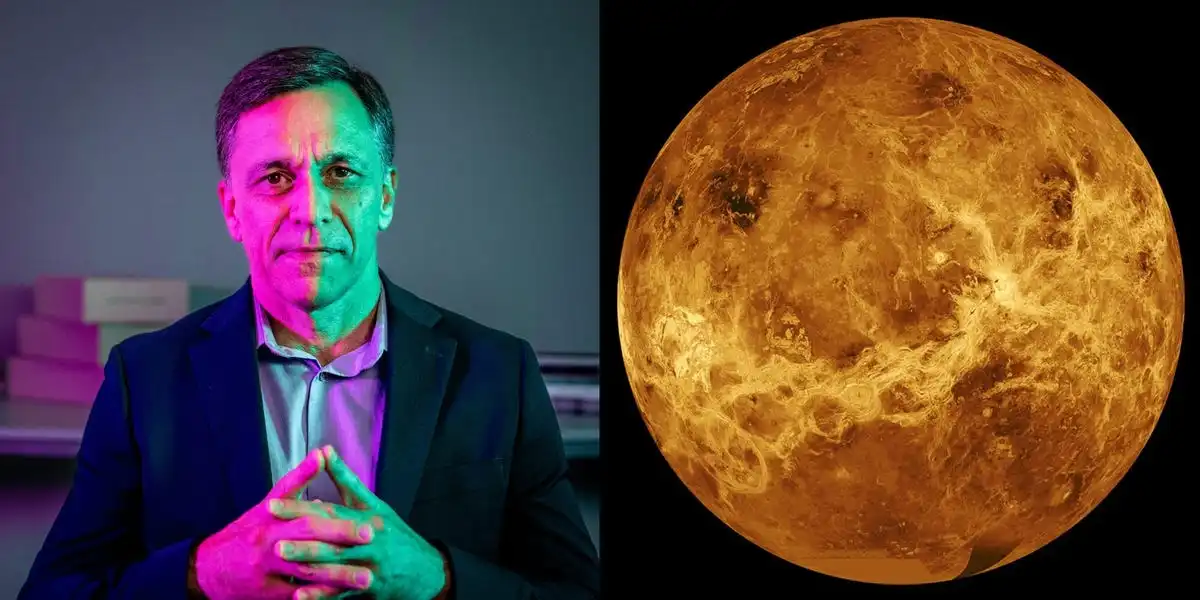- cross-posted to:
- brainworms@lemm.ee
- news@lemmy.world
- tech@kbin.social
- cross-posted to:
- brainworms@lemm.ee
- news@lemmy.world
- tech@kbin.social
OceanGate’s cofounder wants to send 1,000 people to a floating colony on Venus by 2050, and says we shouldn’t stop pushing the limits of innovation::Guillermo Söhnleinm told Insider he has wanted to make humanity a multi-planet species since he was 11 years old, and that OceanGate was part of that ambition.



To add to this, one of the potential advantages is that you could use the temperature gradient as you drop further into the atmosphere as an energy source - making it one of the few areas in the solar system where you wouldn’t be reliant soley on solar or nuclear.
That’s a good point, although with sunlight so accessible and abundant and nuclear waste not being an issue (presumably you can just drop it to the surface) I’m not sure what the benefit would be of using that approach.
The issue with solar power on a planet is what you do during the nights (which are over 100 earth days long on Venus). The issue with nuclear is the danger of a launch failure with a craft full of fissile material - that would change if we could source the fuel from off earth but we’re not at the stage of being able to do that yet
Again, good points. Also, I definitely wasn’t taking the length of days into account!